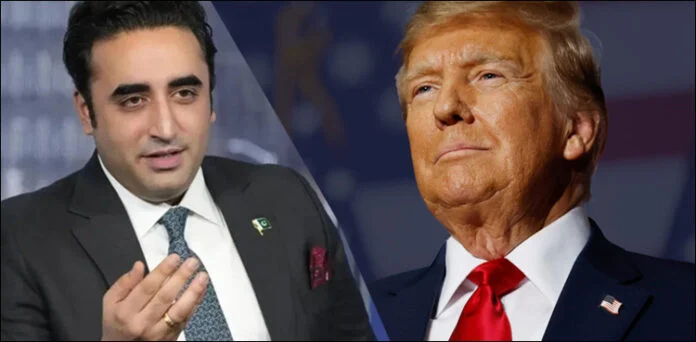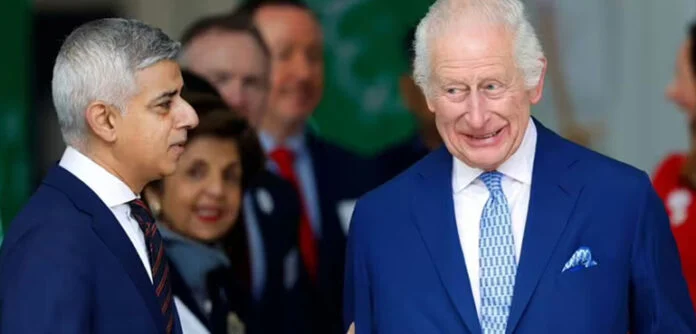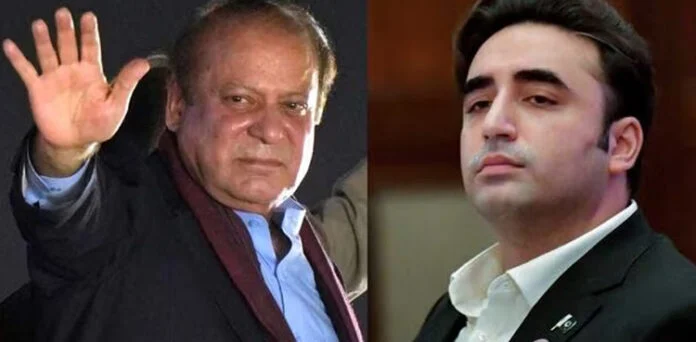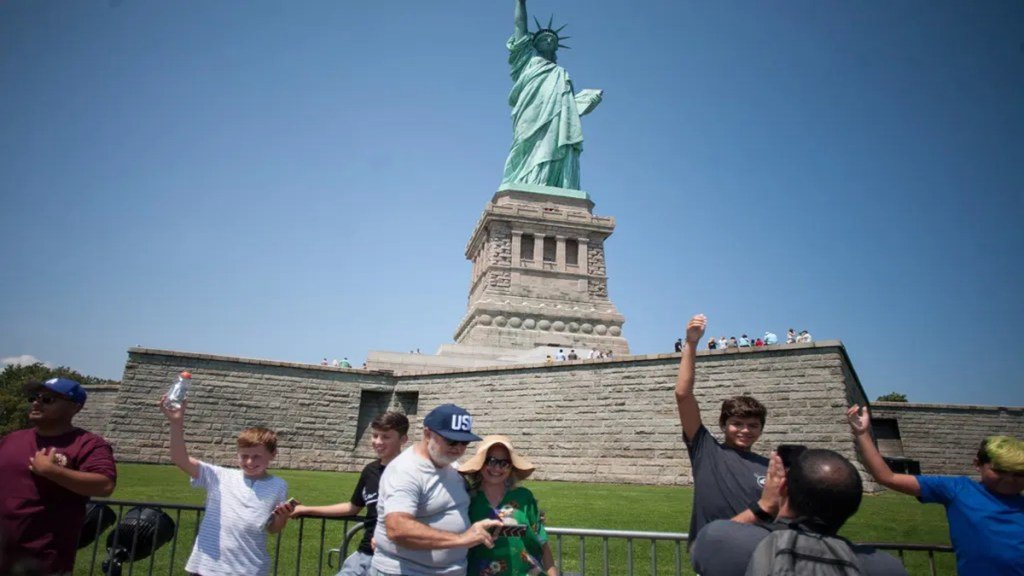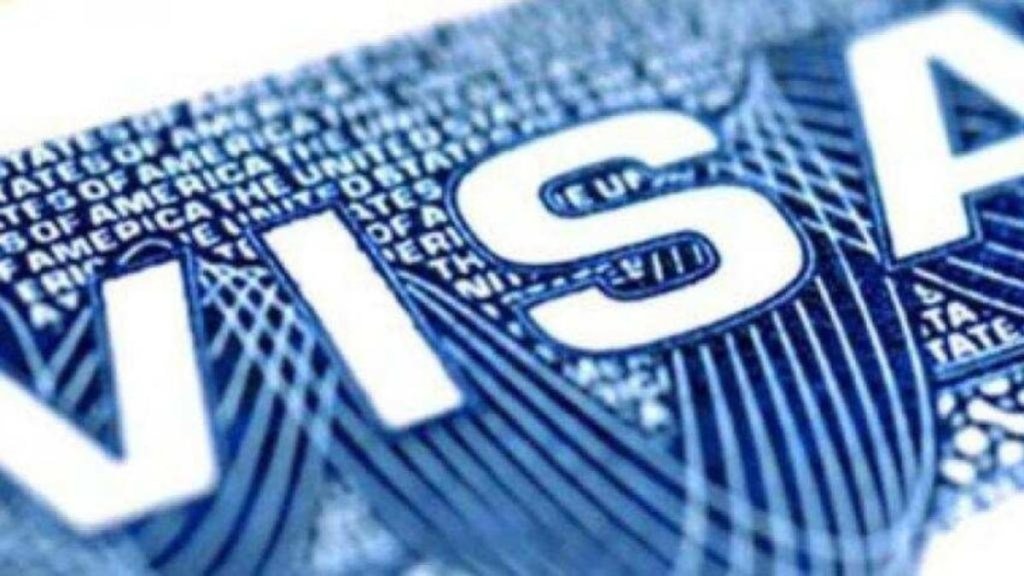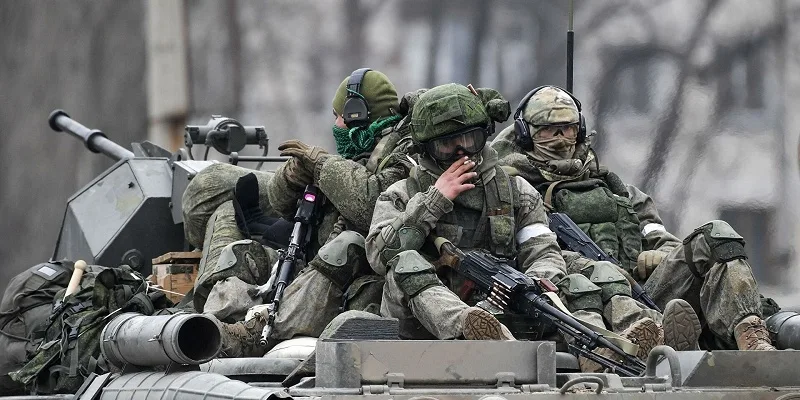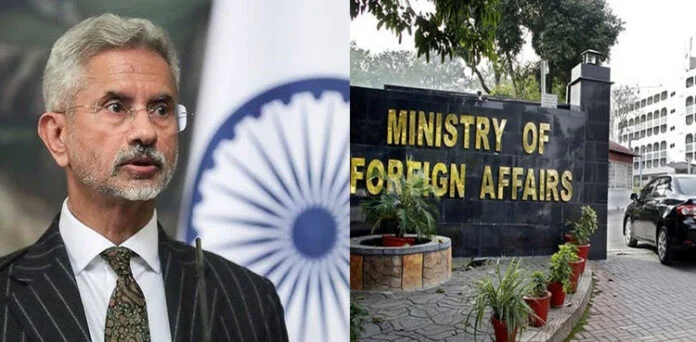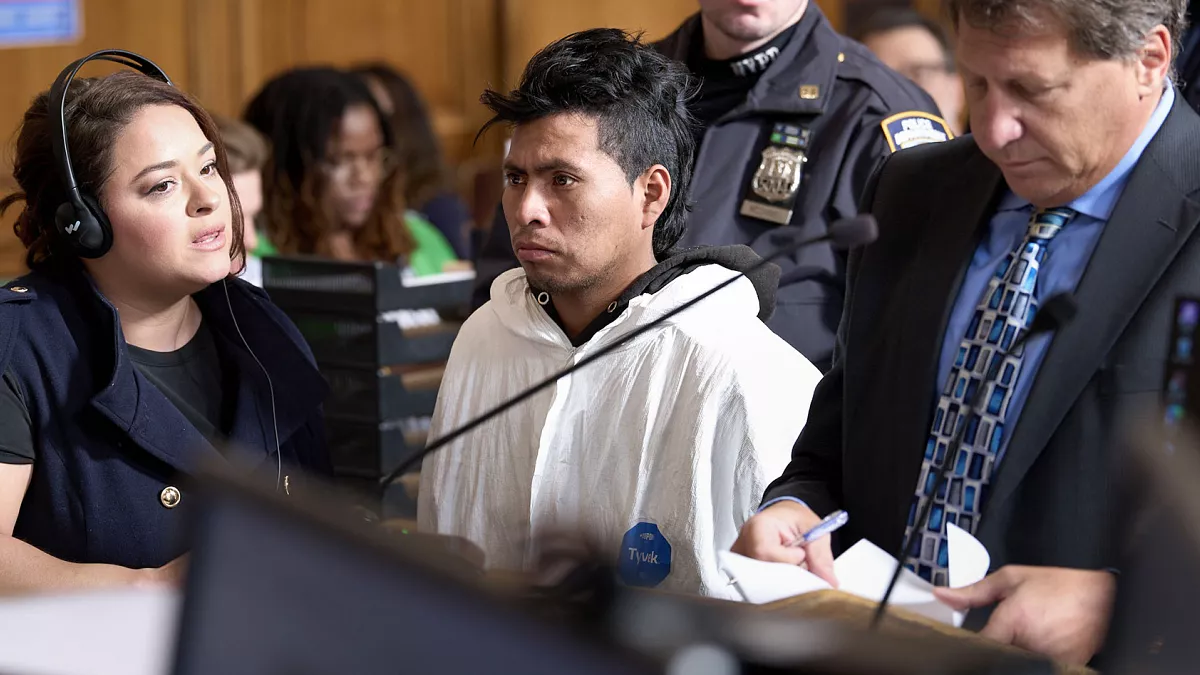
University students in Serbia took to the streets on Wednesday, staging a rally outside the prosecutor’s office in Belgrade to demand justice for the 15 people killed in a train station awning collapse last month in Novi Sad, located in the northern Vojvodina region.
Over 1,000 students gathered to leave letters on the doorstep of Chief Prosecutor Zagorka Dolovac’s office, calling on her to “fight for law and justice, free from political manipulation or corruption.” In response, Dolovac’s office issued a statement inviting a student delegation to meet with her.
The protest is part of a larger movement led by students, who have been on strike for weeks, demanding accountability following the tragic incident on 1 November. The collapse of a massive concrete awning at the Novi Sad railway station resulted in numerous fatalities and injuries. Many Serbs have linked the incident to corruption and poor workmanship during the station’s renovation, which was part of a series of infrastructure projects involving Chinese state companies that are now facing scrutiny.
Thirteen individuals have been arrested in connection with the incident, including a government minister. However, the release of the minister has sparked doubts among the public about the integrity of the investigation.
The student protests have garnered broad support from various groups, including professors, farmers, and actors. Tens of thousands of people participated in a student-led demonstration in Belgrade on Sunday, which also highlighted broader dissatisfaction with the government of President Aleksandar Vučić. Protesters have carried banners with red handprints, symbolizing their belief that the authorities have “blood on their hands.”
In an effort to ease the protests, President Vučić has promoted “favorable” loan schemes for young people to purchase apartments, though this has done little to quell the student strikes.
Vučić, who has faced criticism for restricting democratic freedoms despite Serbia’s official EU accession aspirations, continues to maintain close political and economic ties with both Russia and China.




